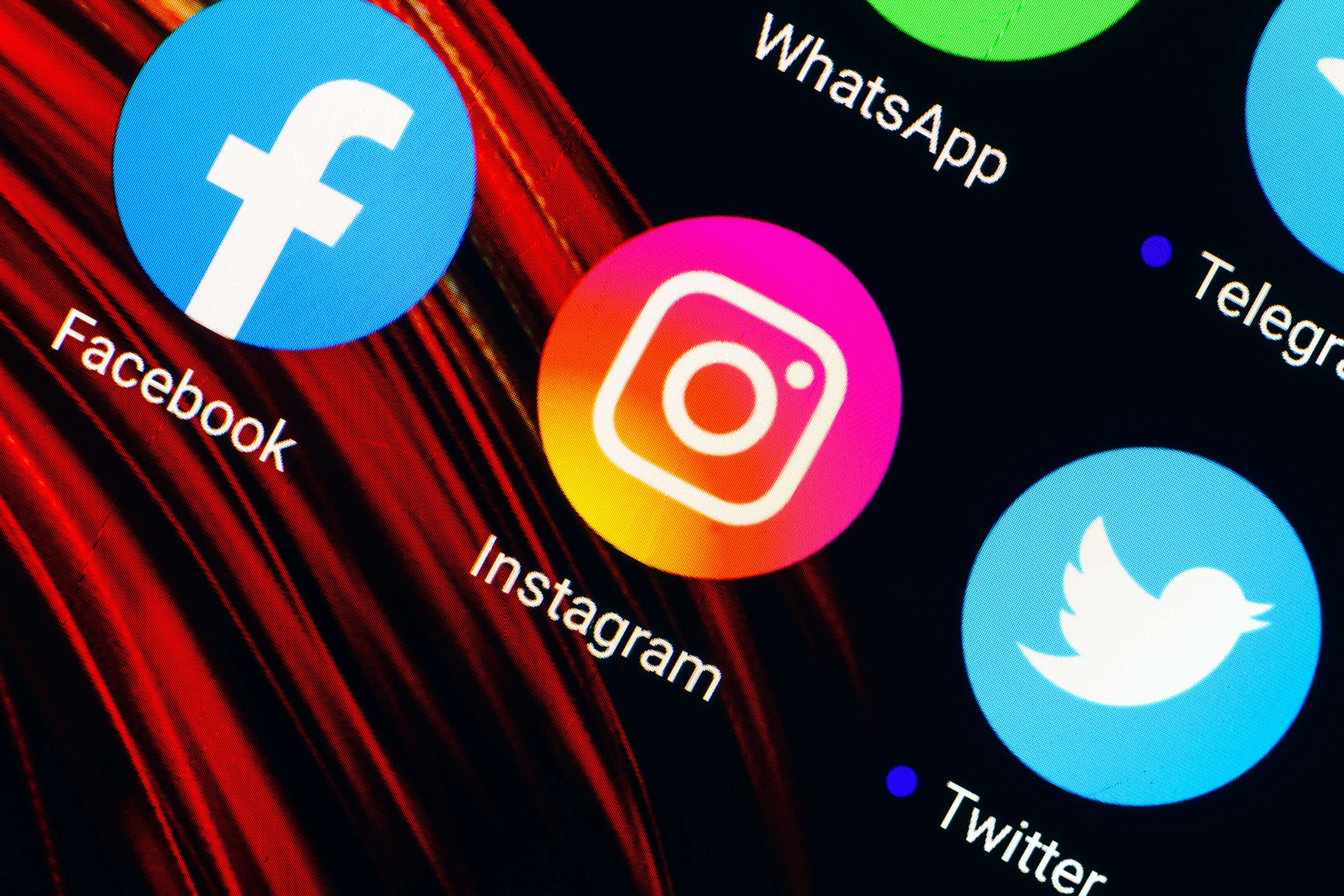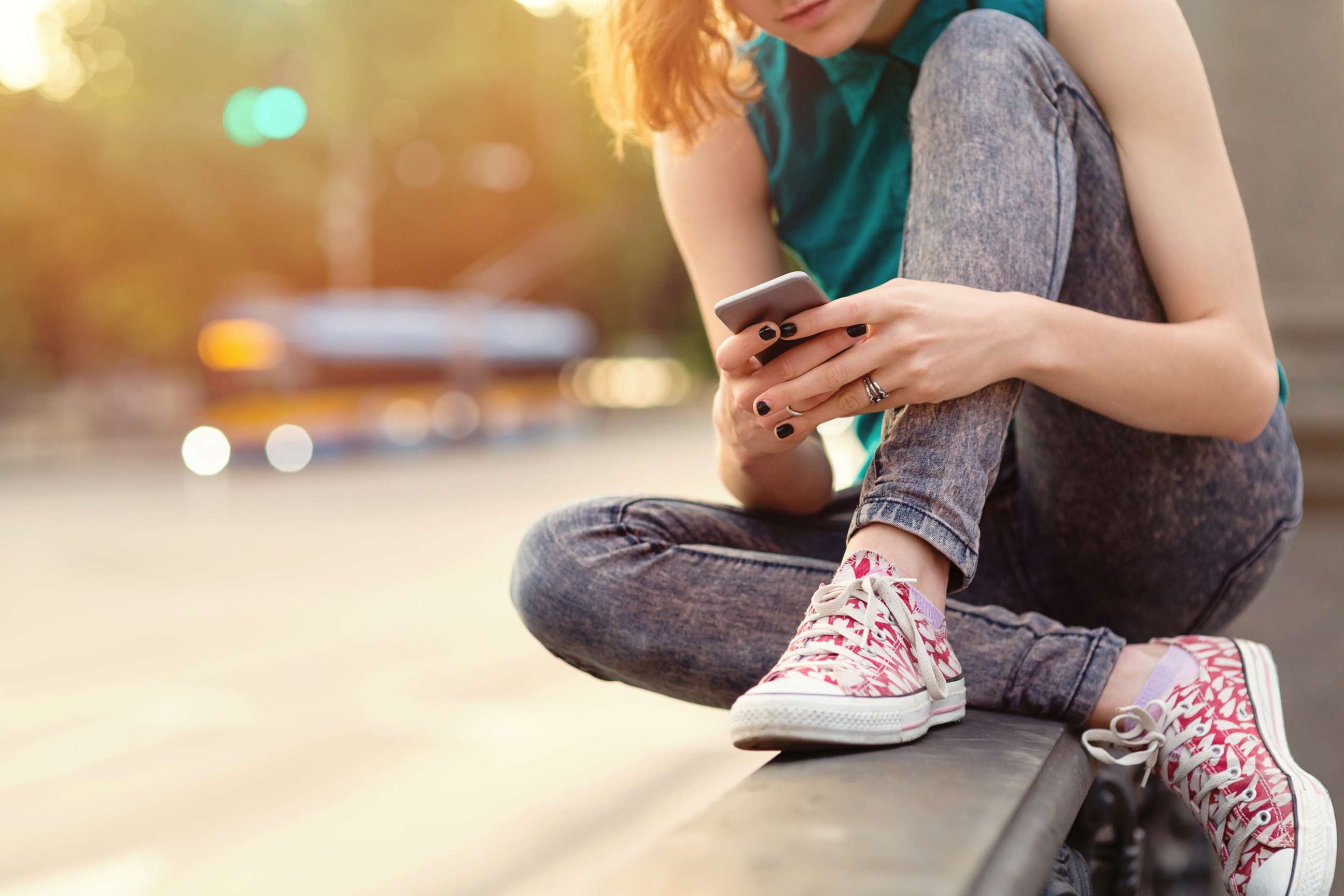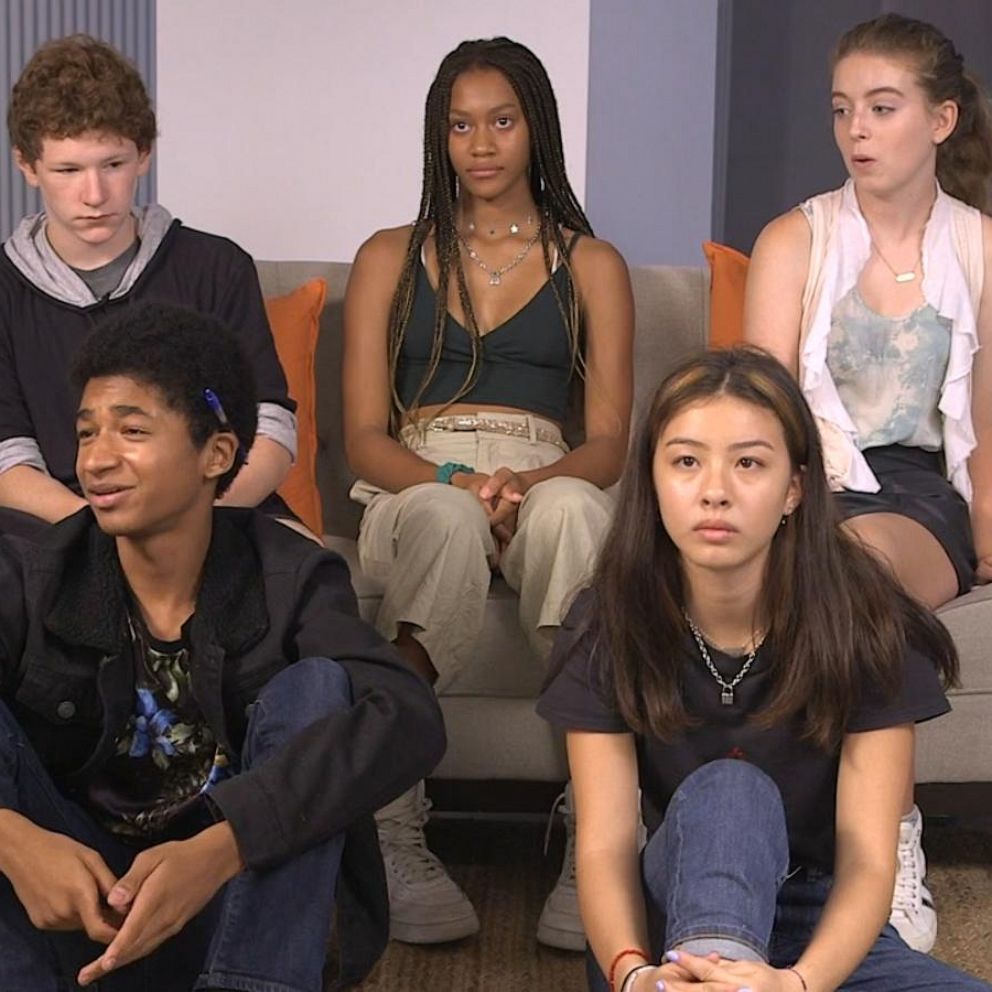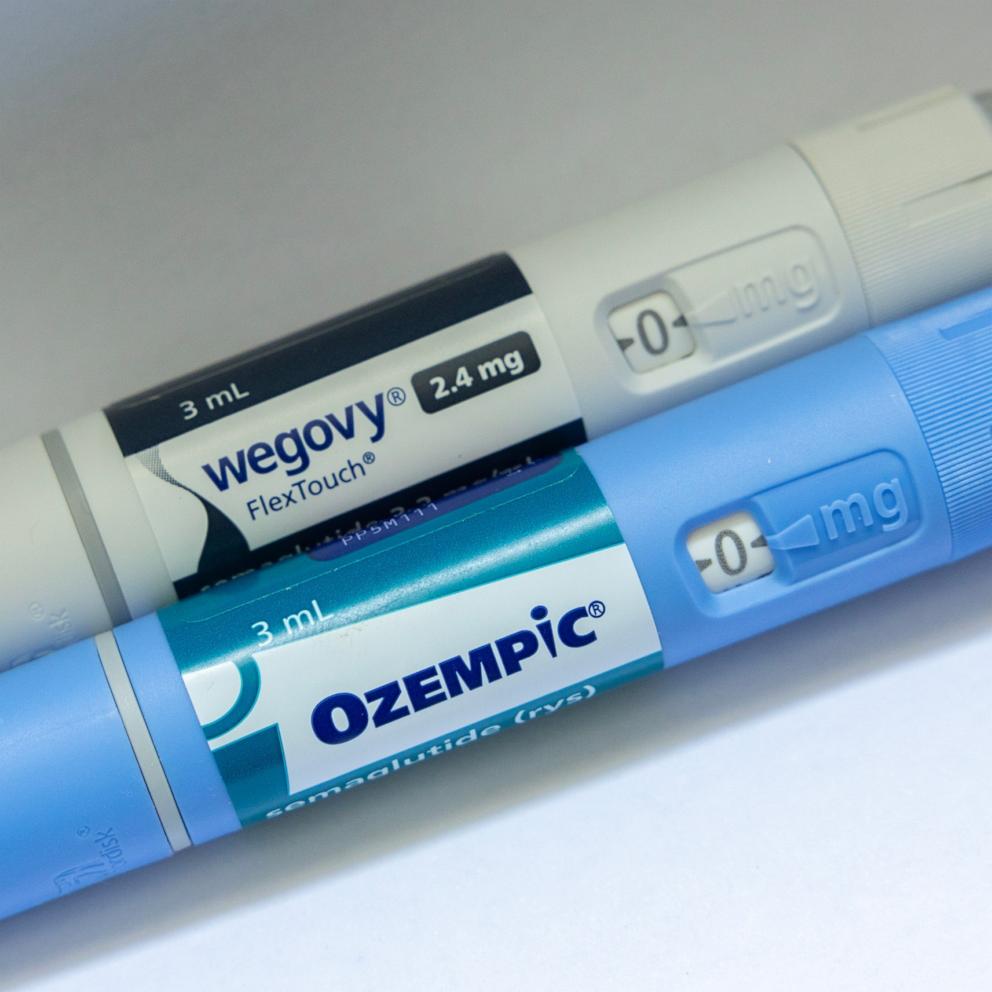Social media use linked to brain changes in teens, study finds
A new study has identified a possible link between frequently checking social media and brain changes that are associated with having less control of impulsive behaviors among young adolescents.
Using MRI brain scans, researchers at the University of North Carolina found that teens who frequently checked social media were more likely to see increased activation in the regions of the brain that regulate reward centers and those that may play a role in regulating decision-making around social situations.
The study, published Tuesday in the Journal of the American Medical Association, looked at nearly 200 young people in sixth and seventh grades.
Researchers tracked the students' self-reported use of social media sites like Facebook and Instagram, and performed functional MRIs on the students, allowing them to monitor activation in the brain.
The results showed that students who used social media more frequently had increased activation in parts of their brain, possibly making them more prone to peer feedback and hypersensitivity and possibly leading to changes in impulse control and regulation, according to ABC News chief medical correspondent Dr. Jennifer Ashton.

Although MRIs can measure changes in the brain, it's often not clear if those changes are temporary or permanent, nor is it clear whether those changes impact a person's overall well-being.
But Ashton, who was not a researcher on the study, said the study raises questions about whether changes in the brain can impact both short and long-term behavior.
"This is asking the question, if this can change activity in the brain, can it then change behavior," she said Thursday on "Good Morning America."
The study does have limitations, including relying on self-reported accounts of social media use, which can be unreliable. It also did not include TikTok, one of the most popular social media apps among teens.
There are though known negative impacts of social media and screen time on young people's health.
"It's the same thing that we see with increased screen use in teens," Ashton said. "Anyone using a screen a lot, even on social media, obviously can have associated increased rates of obesity, irregular or dysregulated sleep, something that we know is very important, particularly in this age group, an increased risk of depression, and an overall decrease in [physical] activity."
The Centers for Disease Control and Prevention recommends about one to two hours of screen time or social media use a day for young people.

For children under the age of 2, the American Academy of Pediatrics recommends no screen time.
For older kids, limits on screen time should be individualized and age-based, according to Ashton.
Both Ashton and the AAP recommend that parents encourage physical activity, set social media and screen time limits for older kids -- such as not going on social media while doing homework -- and create unplugged spaces, like the dinner table, in the home.
Ashton said parents should also encourage digital literacy in their kids, noting, "This isn't going away. We want to be able to use it and use it safely."







